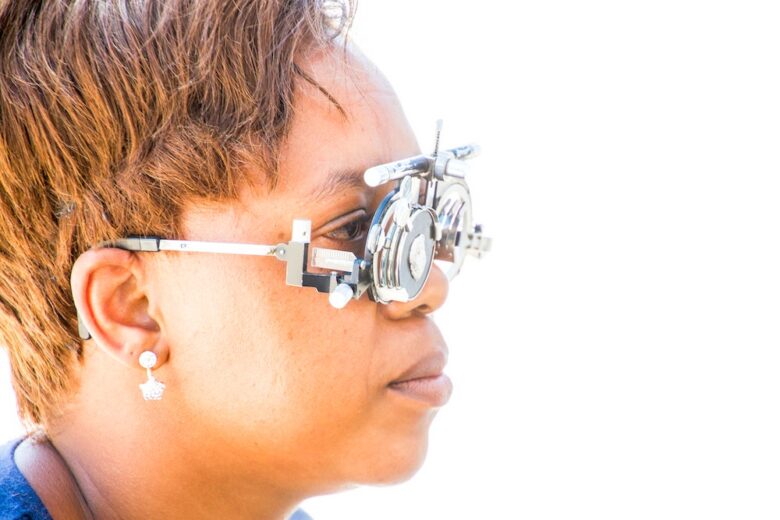When should you seek help for your vision?
Our eyesight is arguably one of our most important senses, and a provision around which much of our world is based.
Our eyesight is also a sense we take the most for granted, despite its changeable nature. Loss or degradation of eyesight is incredibly common, whether the worsening of a prescription or the overall degeneration of vision; according to recent statistics, 250 people per day start to lose their eyesight.
Keeping on top of our eyesight can be difficult when changes are minimal on a day-by-day basis. So when should you start to see specialists regarding your own vision? Here are three signs you should get help.
1) You have blurred vision
This may seem like an obvious point, but it is one that nonetheless escapes many of us regarding our own vision. If the condition of our eyesight is not immediately on our minds, we are more likely to overlook the various difficulties it can present – and to work around our limitations without engaging with them.
Oftentimes, our vision can become blurry for something as simple as not sleeping enough. But if your vision is consistently blurry, and you find yourself squinting or attempting to refocus frustratingly often, this is a clear sign that you may need contact lenses to address your sight. If reading is taking longer than usually, or if you find yourself straining more heavily to see something, you should book a consultation.
Once you are seen you will be able to get to the bottom of why your vision is constantly blurry. It could be to do with sleep issues, or it might be something to do with your actual eye. You may be sent for Binocular Vision Dysfunction Tests, for example, to see if this is playing a part in your eyesight problems. Just make sure that you are seen as soon as possible.
2) You keep getting headaches
But indications that you may need help with your vision are not strictly limited to straightforward vision-based struggles. Indeed, there are a number of secondary symptoms that can indicate there is something wrong with your eyesight, and that you may need some form of corrective intervention to make things right.
One such secondary symptom is frequent occurrence of headaches. If you are finding that you are experiencing more frequent and painful headaches lately, your eyesight could be the cause – in two distinct ways. Firstly, there is significant physical effort required to ‘pull focus’ in the eye, and the harder you try to do so the more likely you are to experience muscle strain – which can further develop into a headache.
Secondarily, there is something of a neurological factor to increased severity and frequency of headaches. If the visual information you are receiving via your eye is unfocused or blurry, your brain can work harder to attempt to interpret the information properly. This stress too can contribute to headache occurrence, or even bring about retinal migraines.
If your headaches have grown more serious or frequent, or you find the areas around your eyes feeling particularly tense, you should take the time to go for an eye test alongside a visit to your local GP.
3) You have difficulty driving at night
Of course, noticing these different symptoms can be difficult if you have been otherwise getting by without too much trouble. One sure-fire way to discern whether or not you should investigate your eye health further relates to the ease with which you drive.
Driving at night is particularly taxing in the dark, as we rely on different sensors in the back of our eye to interpret low-light sources. If you find yourself driving more cautiously in the dark, or more anxious about undertaking late night driving, this may be due to a difficulty in properly reading the road. At this point, getting an eye test would be a prudent safety measure to undertake.




